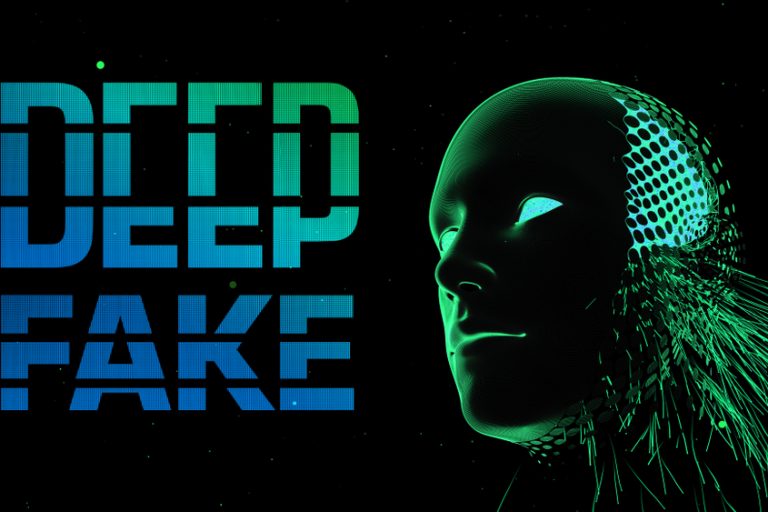My Three Cents

Makovsky
Thursday, January 30, 2014For years now, I’ve been talking about how technology is fundamentally and forever changing everything about the way we live, communicate and do business. But is that the same thing as disruption? And if not, why not?
I recently read a fascinating article in TechCrunch by Andy Rachleff, the president and CEO of Wealthfront, an SEC-registered online financial advisor, in which he writes: “Entrepreneurs in Silicon Valley love to talk about disruption, though few know what it really means. They mistake better products for disruptive ones.”
Products may be “better, cheaper, faster,” but that does not mean they are disruptive.
This coincides with my opinion that most innovations are incremental: the spear evolves into the musket; the cassette into the CD; the cell phone into the smartphone. In general, markets and values change modestly, if at all.
Disruptive changes, however, represent an entirely different order of magnitude. Electricity, the telephone and the invention of the Model T Ford (the first mass-produced automobile on a moving assembly line) were all disruptive innovations. They created entirely new markets with huge new opportunities … and new hurdles to be overcome. And the internet might be the biggest of them all.
Just defining disruption is not a theoretical exercise. It matters because any consultant or organization needs to know who is today’s equivalent of Thomas Edison, Henry Ford or Alexander Graham Bell … and are they prepared to meet with him (or her) across a conference table? Do they speak the same language? Will they be perceived as representing an organization that understands these “disruptors’” business challenges? Will they (you!) be able to deliver business value to them? In our business, marketing communications consultants need to be speaking the same language as modern CMOs. This takes constant professional evolution.
If you think like an ostrich and bury your head in the sand, you inevitably become a quick and easy snack for a hungry predator.
If this were the Super Bowl, we’re just beginning the second quarter. There’s a lot more to come. This is the time to stay ahead of the game, as disruptions become the norm.











